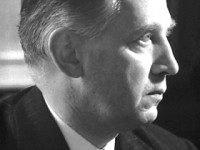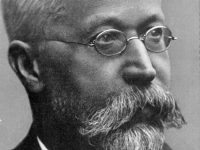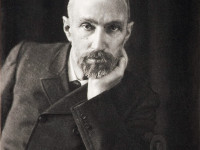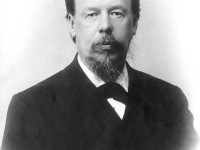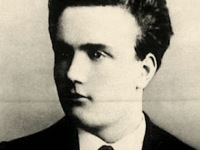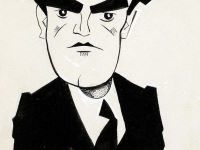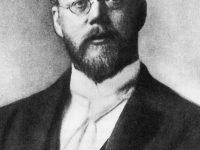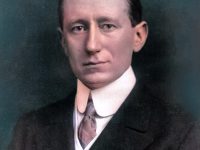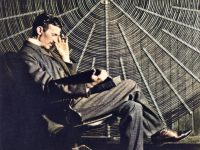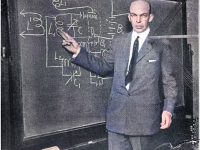Edward Appleton and the Discovery of the Ionosphere
On September 6, 1892, English physicist Sir Edward Victor Appleton was born. Appleton won the Nobel Prize in Physics in 1947 for his seminal work proving the existence of the ionosphere during experiments carried out in 1924. “I am only a physicist with nothing material to show for my labours. I have never even seen the ionosphere, although I have worked on the subject for thirty years. That does show how lucky people can…
Read more

